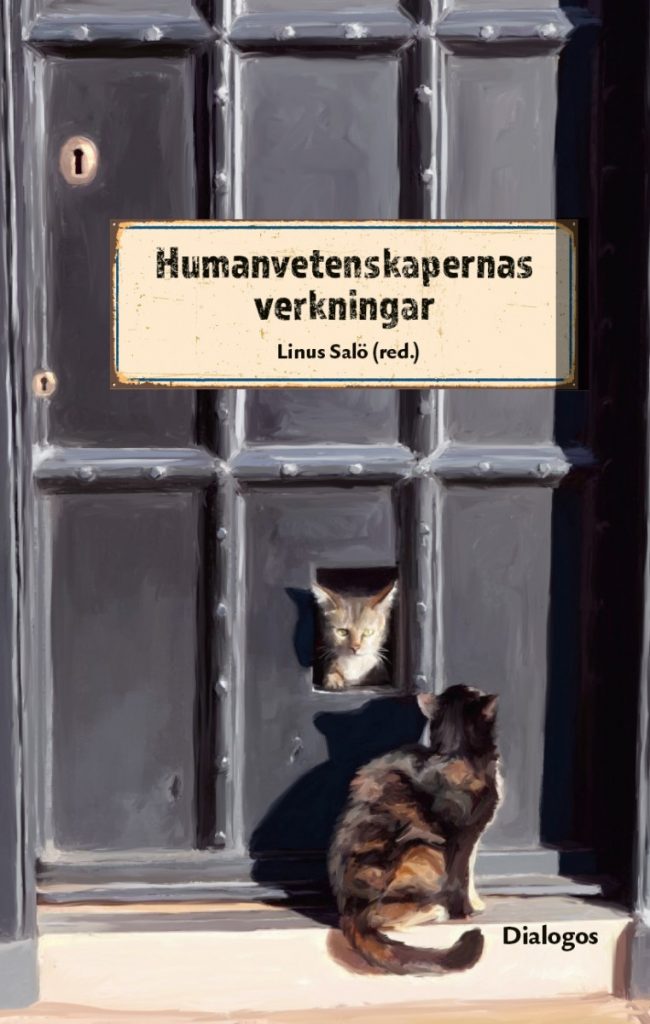
The anthology is published by Dialogos Förlag, and translated from the Swedish backside of the book, this is what it is about:
In the discussion about how universities and colleges can better meet the great challenges of our time, the social sciences and humanities have begun to take an increasing place. This is not least due to the fact that a new line of research policy is taking shape, where the humanities are given greater weight than before.
This ongoing shift opens up new ideas about how academic knowledge is disseminated and used. Research collaboration is not limited to industry and business, but takes place and has always taken place with many parts of society. Innovations are not just technical or medical news and progress, but also social renewal that concerns language, media, culture, politics, economics, behavior, religion – yes, most things that people do, think and feel.
The humanities’ movements between academia and other spheres of society, not least politics, can be seen as passages through a cat door in an otherwise locked gate. This metaphor runs like a thread through the book. Who has moved through the cat door, and what kind of knowledge effects has it had? How is this activity mentioned and valued?
In the ten chapters of this anthology, a number of humanities seek to answer these questions. The participating authors are active in various fields of science at various Swedish universities. The purpose of the book is to give momentum and energy to the discussion about the effects of the humanities – and ask new questions about the universities’ goals and meaning.
You can order the anthology (in Swedish) from Dialogos homepage!

